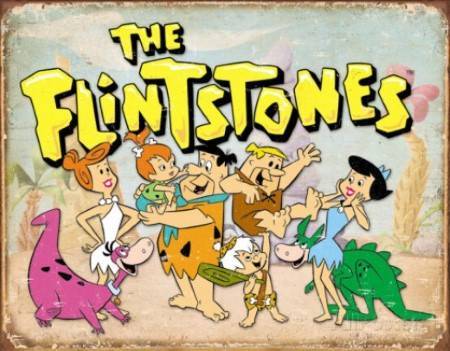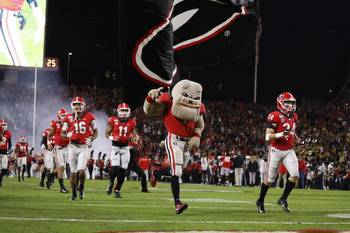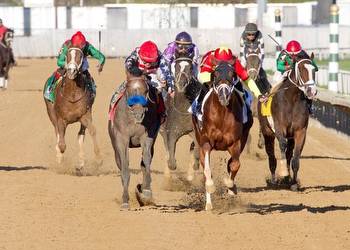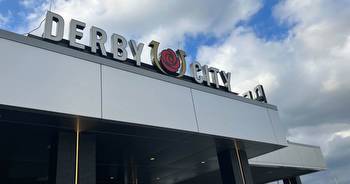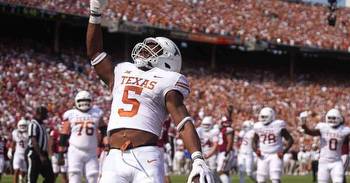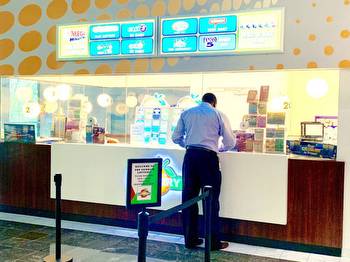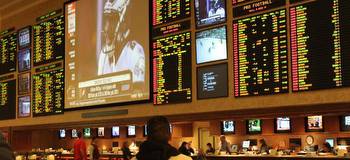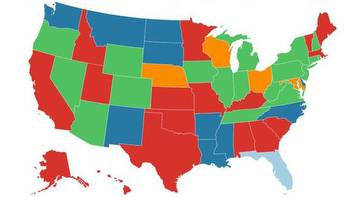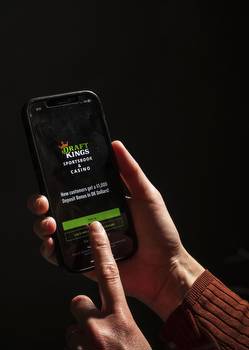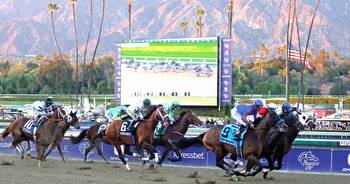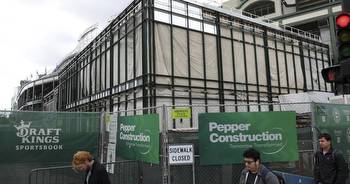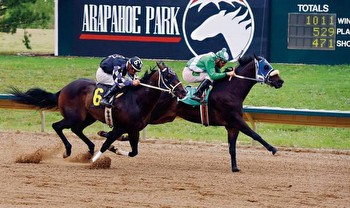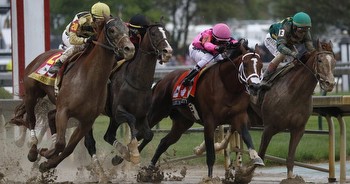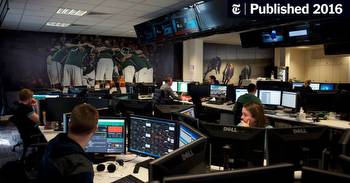History of horse racing and horse race betting in Illinois
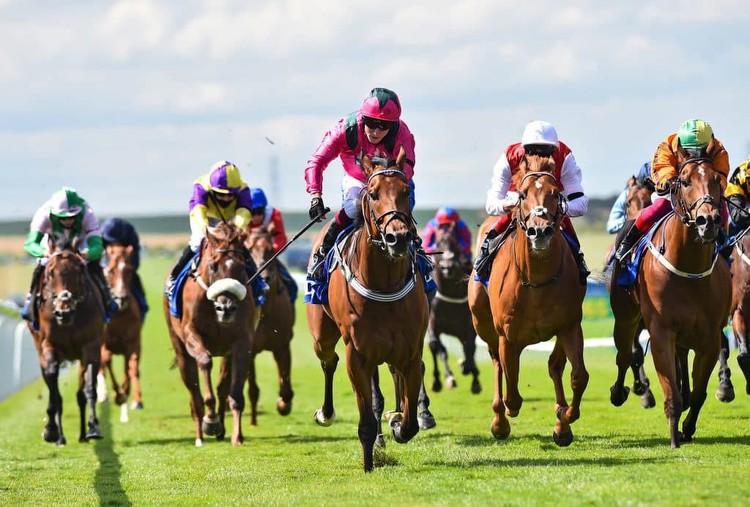
Horse racing has been an integral part of the United States history since nearly the inception of the country.
It’s rumored that the first official horse race in the world took place in England in 1776, but the U.S. didn’t wait long to bring that part of their former colonizer across the Atlantic Ocean.
Early history of horse racing in Illinois
Horse racing has made its way across the entire country, but Illinois in particular has a rich history with the sport. Chicago residents have been able to spectate at the race tracks since the 1830s. A century later, the city featured more race tracks than any other metropolis in the country, with six different venues hosting horse races.
This growth was no doubt expedited by Illinois’s decision as a state to legalize gambling on horse races in 1927. Although the country has grappled with the legality and morality of sports betting, with 13 states still completely barring sports betting in their jurisdiction, nearly every state today has legalized betting on horse races in some form.
The rise and fall of horse race betting in Illinois
Illinois was a big part of the movement to legalize horse race betting in the United States and has historically been one of the biggest markets for the industry. By 1976, the state of Illinois was raking in over $75 million in revenue on horse race betting. Building on the success of the market for Illinois online horse betting, the market hit a high point in the state in 1979, drawing in over $79 million in revenue.
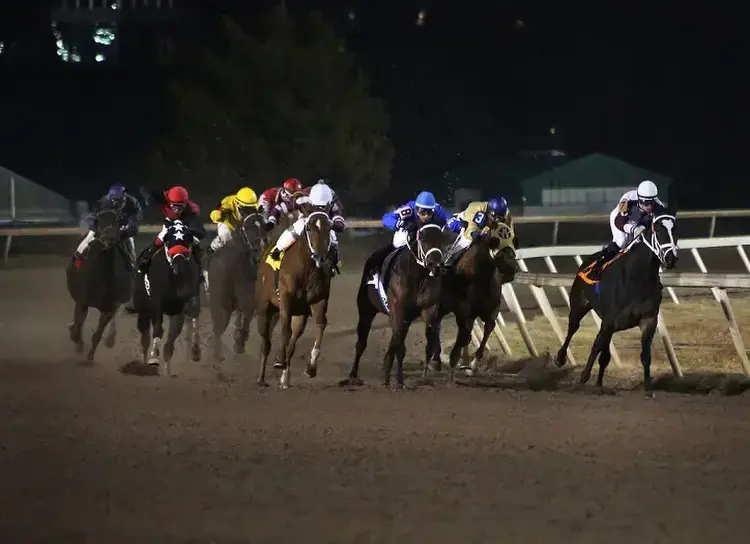
After 1979, horse race betting gross stopped growing and began declining slowly at first. In the 1990s, the state’s race tracks brought in between $40-$50 million yearly in revenue. By 1999, however, the industry started facing massive competition that drew patrons away from the sport. 1999 saw horse race betting gross over $42 million in revenue. The following year, however, that figure sank meteorically, all the way down to just $13 million.
What caused the fall of horse racing in Illinois?
The main reason for the freefall was the introduction of riverboat casinos in Illinois. With a new, shiny gambit in the state, more and more patrons were drawn away from the formerly singular form of gambling readily available in Illinois to the new exciting form in riverboat casinos, which offered more variety of ways to wager and win money.
Riverboat gaming officially launched in Illinois in 1992, grossing over $8 million in the state in its first year. By the year 2000, when horse race betting revenue dropped all the way to $13 million, riverboat gaming drew in over $300 million.
With those statistics, it’s only reasonable to assume that riverboat gaming played a significant role in the fall of horse race betting in Illinois. Unfortunately for the industry, riverboat gaming wasn’t the last competition they’d face in the state.
In 2019, legalized sports betting was introduced in Illinois, and the new market hit the ground running, just as it has in every state that legislated sports gambling into their laws. Since sports betting was brought to Illinois, horse race betting revenue has remained steady at around $7 million in revenue per year.
Horse racing and horse race betting in Illinois today
While it’s no longer a growing market, horse race betting is still an important part of Illinois, both in the state’s history and its current operations. The good news for horse race betting fans is that there are significantly more options to place wagers than there were even in 1992.
There are many more tracks in the state now, and not just in the city of Chicago but all over Illinois. While online sports betting has been a huge detractor from horse race betting, online wagers have been a massive part of the industry since it launched, allowing bettors to place wagers from anywhere within the state and offering sign-up bonuses for new patrons.
